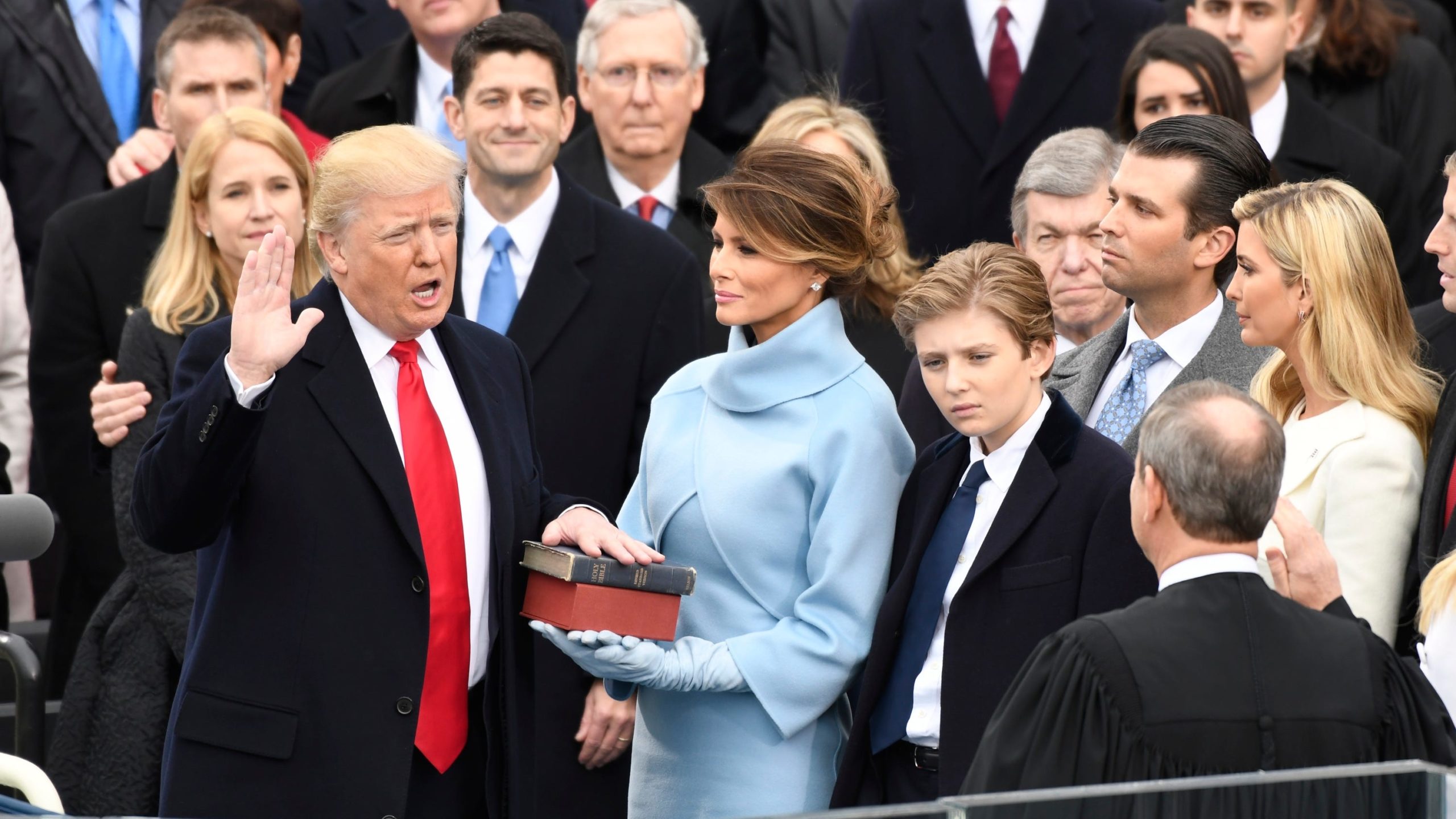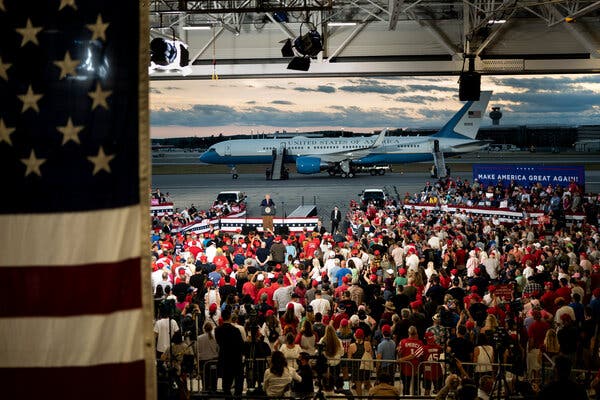Ten years after the Supreme Court ruled that the First Amendment protected the rights of corporate and labor groups to spend money promoting federal candidates, hundreds of millions of new dollars are flowing into political advertising — just not quite in the way many people expected in the wake of the landmark ruling.
The case, Citizens United v. Federal Election Commission (FEC), a 5-4 decision authored for the majority by Justice Anthony Kennedy, raised concerns that major corporations and labor unions would spend big to influence American elections.
Instead, corporate money and labor money has made up just a small fraction of spending through major outside groups that play leading roles in television, mail and digital advertising.
ADVERTISEMENT
“There was the expectation that we would see this flood of corporate money into our elections. What has been surprising is the relatively small amount that business has actually spent in direct response to Citizens United,” said Anthony Corrado, a political scientist at Colby College who studies the influence of money in politics. “Over the course of the past four elections, what we find is that corporations have not really capitalized on this opportunity.”
What has changed, campaign finance experts say, is the flood of money from a tiny handful of wealthy donors who now wield unprecedented sway over the parties they support. Their newfound influence has come at the expense of the political parties themselves, groups that have lost relevance to the new outside groups that fund yearlong ad blitzes.
Those wealthy donors can still give contributions to political party committees, up to $35,500 per year. But they can now also give unlimited checks to outside groups that specialize in independent expenditures, known as super PACs.
The Citizens United decision “lifted the restrictions on nonprofit associations being able to speak in the political arena. In a lot of ways, it helped, I think, level the playing field,” said Hans von Spakovsky, a campaign finance expert at the conservative Heritage Foundation who was appointed to the FEC by President George W. Bush.
Those super PACs came out of a second campaign finance case, SpeechNow v. FEC, in an opinion authored by D.C. Circuit Judge Brett Kavanaugh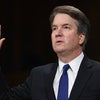 Brett Michael KavanaughHow Citizens United altered America’s political landscape Overnight Health Care: Justices won’t fast-track ObamaCare case before election | New virus spreads from China to US | Collins challenger picks up Planned Parenthood endorsement Progressive group targets Collins over vote for Kavanaugh in new digital ad campaign MORE — Kennedy’s protégé and eventual replacement on the Supreme Court.
Brett Michael KavanaughHow Citizens United altered America’s political landscape Overnight Health Care: Justices won’t fast-track ObamaCare case before election | New virus spreads from China to US | Collins challenger picks up Planned Parenthood endorsement Progressive group targets Collins over vote for Kavanaugh in new digital ad campaign MORE — Kennedy’s protégé and eventual replacement on the Supreme Court.
“It was SpeechNow as much as Citizens United that laid the predicate for what we’re seeing now in terms of federal spending in these races,” said Michael Toner, a Republican former chairman of the FEC.
ADVERTISEMENT
In recent years, super PACs have become cornerstones of each side’s efforts to win control of the White House, the Senate and the House of Representatives. And while Kennedy’s opinion predicted that outside money would be independent of the politicians that super PACs supported, the opposite has been the case.
The strategists who run the largest outside spenders — groups like the Senate Majority PAC that backs Democrats and the Senate Leadership Fund that backs Republicans — have close ties to their party’s respective leaders.
“We’ve got all major political players closely associated with unlimited money groups,” said Paul S. Ryan, the vice president of policy and litigation at Common Cause, which advocates for campaign finance reforms.
In the last three election cycles, corporations have accounted for about 7 percent of the total money given to super PACs and labor for about 8 percent, according to Corrado’s count. In 2018, corporate contributions to super PACs amounted to $71 million. By contrast, the top 100 individual donors accounted for more than $662 million in super PAC contributions. Michael Bloomberg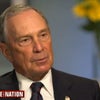 Michael Rubens BloombergSanders joins Biden atop 2020 Democratic field: poll Trump says Bloomberg is ‘wasting his money’ on 2020 campaign The Hill’s Morning Report – Trump trial begins with clashes, concessions MORE and Tom Steyer
Michael Rubens BloombergSanders joins Biden atop 2020 Democratic field: poll Trump says Bloomberg is ‘wasting his money’ on 2020 campaign The Hill’s Morning Report – Trump trial begins with clashes, concessions MORE and Tom Steyer Tom Fahr SteyerSanders joins Biden atop 2020 Democratic field: poll The Hill’s Morning Report – Trump trial begins with clashes, concessions Sanders holds four-point lead on Biden in new California poll MORE, two billionaires running for the 2020 Democratic presidential nomination, each gave more to political causes than all publicly disclosed corporate spending.
Tom Fahr SteyerSanders joins Biden atop 2020 Democratic field: poll The Hill’s Morning Report – Trump trial begins with clashes, concessions Sanders holds four-point lead on Biden in new California poll MORE, two billionaires running for the 2020 Democratic presidential nomination, each gave more to political causes than all publicly disclosed corporate spending.
“We have really seen the rise of a new plutocracy and the dominance of a very small group of wealthy donors who give enormous sums,” Corrado said. “Even if you rolled back the prohibition on corporate and labor money, we would still have this problem.”
Spending by trade associations has risen in recent years as well, but the bulk of that money spent on federal elections in the last six years — about $75 million of the $92 million spent — has come from just one group, the U.S. Chamber of Commerce.
“Corporations in particular are the biggest political cowards around,” von Spakovsky said. “They don’t want to be involved in speaking about politics because they know they have customers who are Republicans and Democrats and independents, and they don’t want to say things that are going to cause people not to buy their products or services.”
The new rules have placed additional fundraising burdens on candidates, too. To keep up with the ever-expanding flood of money in politics, members of Congress must now make frequent trips to fundraising hubs in New York, California and to cities with clutches of wealthy donors like Dallas, Las Vegas, Houston and Chicago.
Most incumbent senators up for reelection spend as much or more time chasing financial contributions as they do stumping before their own voters.
“The average U.S. senator, the average U.S. House member is spending hours a day raising money,” Toner said. “Candidate-controlled dollars continue to be critical.”
But even after dialing for dollars, many of those candidates find themselves outgunned by outside groups.
In Missouri in 2018, then-Sen. Claire McCaskill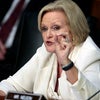 Claire Conner McCaskillHow Citizens United altered America’s political landscape #MidnightMoscowMitch trends amid criticism of McConnell’s proposed impeachment trial rules The most expensive congressional races of the last decade MORE (D) raised and spent $39 million against her Republican opponent, Josh Hawley
Claire Conner McCaskillHow Citizens United altered America’s political landscape #MidnightMoscowMitch trends amid criticism of McConnell’s proposed impeachment trial rules The most expensive congressional races of the last decade MORE (D) raised and spent $39 million against her Republican opponent, Josh Hawley Joshua (Josh) David HawleyHow Citizens United altered America’s political landscape Hawley expects McConnell’s final impeachment resolution to give White House defense ability to motion to dismiss Biden calls for revoking key online legal protection MORE, who raised $11 million. Outside groups spent $39 million attacking McCaskill and $29 million targeting Hawley. In a Senate race in Arizona, then-Reps. Kyrsten Sinema (D) and Martha McSally
Joshua (Josh) David HawleyHow Citizens United altered America’s political landscape Hawley expects McConnell’s final impeachment resolution to give White House defense ability to motion to dismiss Biden calls for revoking key online legal protection MORE, who raised $11 million. Outside groups spent $39 million attacking McCaskill and $29 million targeting Hawley. In a Senate race in Arizona, then-Reps. Kyrsten Sinema (D) and Martha McSally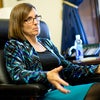 Martha Elizabeth McSallyHow Citizens United altered America’s political landscape McConnell keeps press in check as impeachment trial starts Progressive group launches campaign targeting vulnerable GOP senators on impeachment MORE (R) each raised just more than $20 million — and outside groups combined to spend more than $64 million for and against the two.
Martha Elizabeth McSallyHow Citizens United altered America’s political landscape McConnell keeps press in check as impeachment trial starts Progressive group launches campaign targeting vulnerable GOP senators on impeachment MORE (R) each raised just more than $20 million — and outside groups combined to spend more than $64 million for and against the two.
“The fundraising pressures on candidates and parties that were already extreme have just become almost impossible to manage,” Corrado said.
Ten years after the court’s ruling, there is little indication that the status quo is likely to change. House Democrats passed a sweeping campaign finance reform bill last year, but it died an ignominious death in the Republican-controlled Senate.
If anything about the campaign finance debate has changed, Ryan said, it is the level of attention a once-obscure issue now earns among voters, particularly among Democratic activists.
Every major Democratic presidential candidate favors a constitutional amendment repealing Citizens United, and an outside group called End Citizens United has itself become a significant player backing Democratic candidates.
“I think Citizens United has been a catalyst among the general public to greater understanding of money in politics issues, and it has translated into some concrete reforms at the state and local level,” Ryan said. “But it most certainly has not translated to reform at the federal level.”
